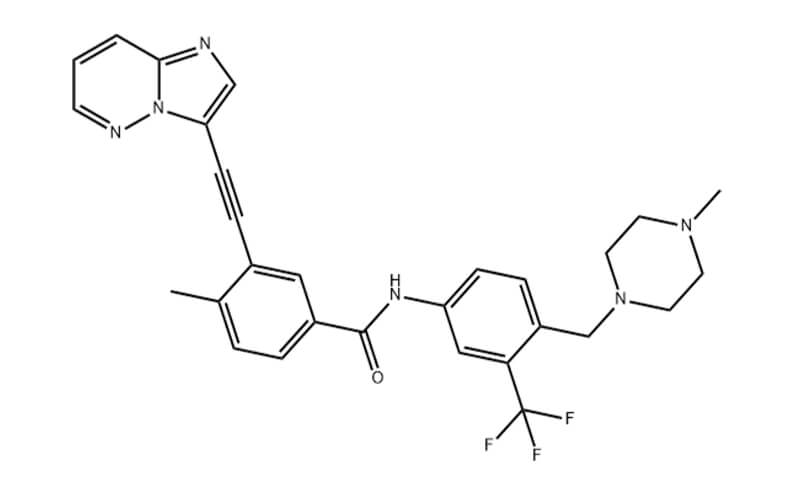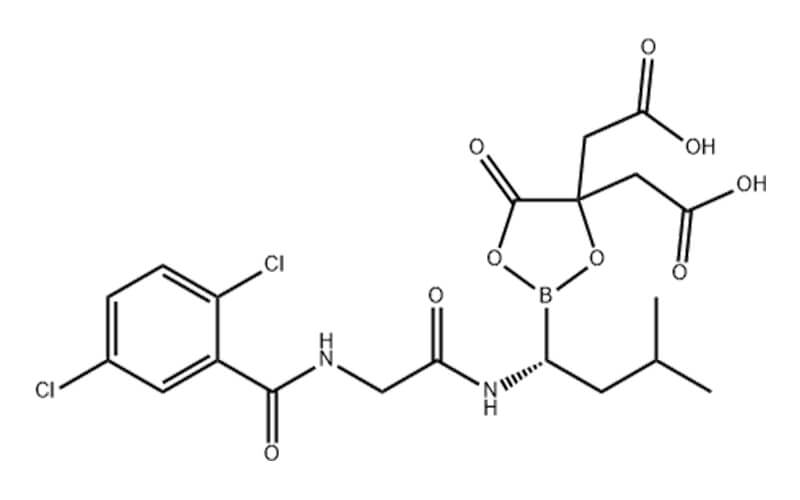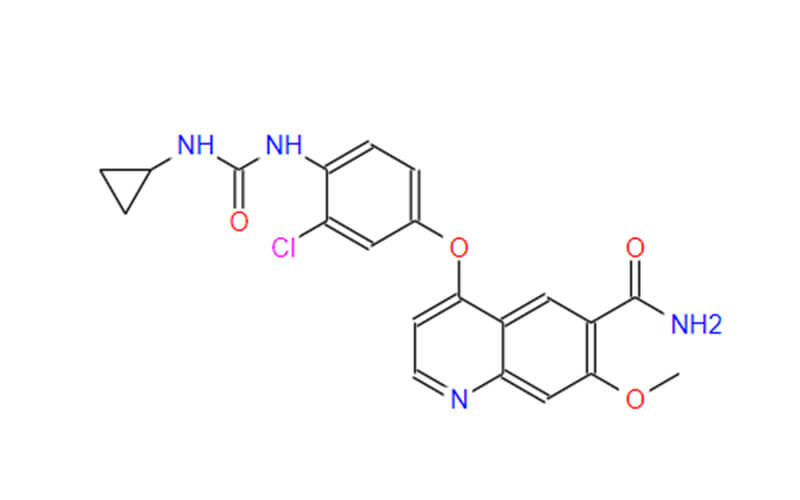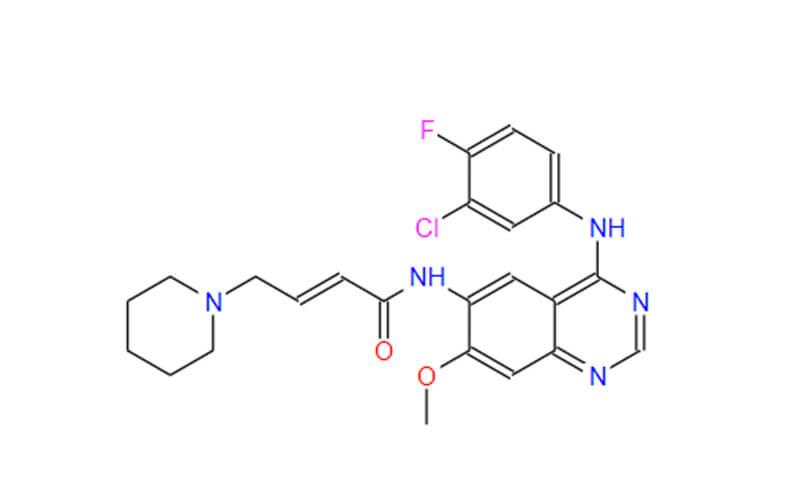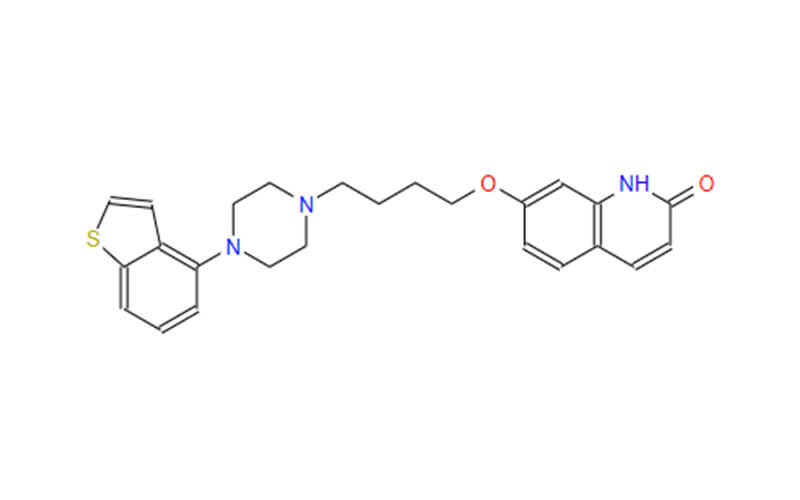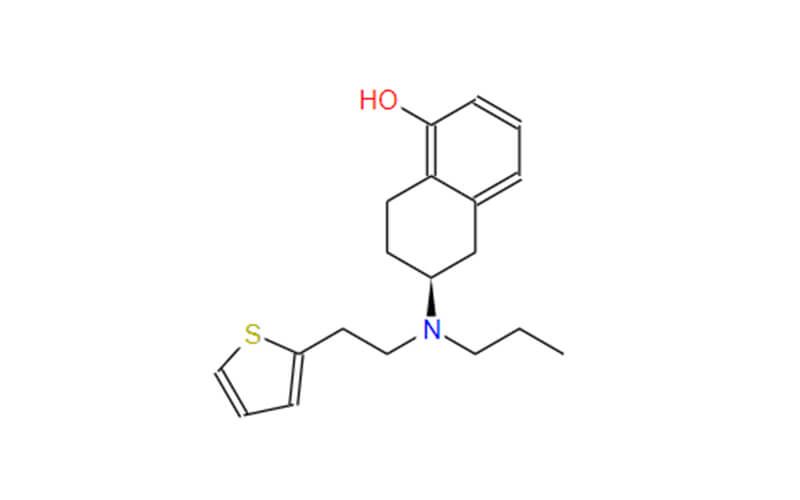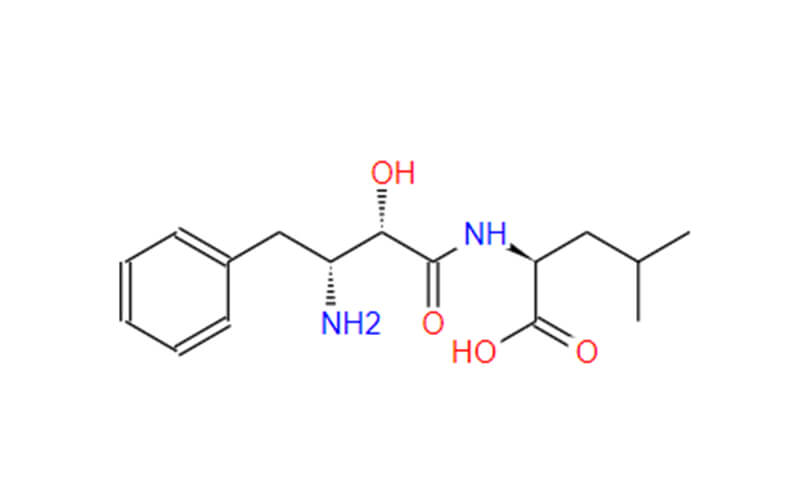Lenvatinib Mesilate: Understanding its Use in Cancer Treatment
Lenvatinib mesilate, also known as lenvatinib, is a medication used to treat specific types of cancer. This article aims to provide a comprehensive overview of lenvatinib mesilate, including its applications, mechanism of action, recent developments, and safety considerations. It is crucial to understand that this information is for educational purposes only and does not constitute medical advice. Always consult with a qualified healthcare professional for any questions or concerns regarding lenvatinib mesilate or your individual situation.
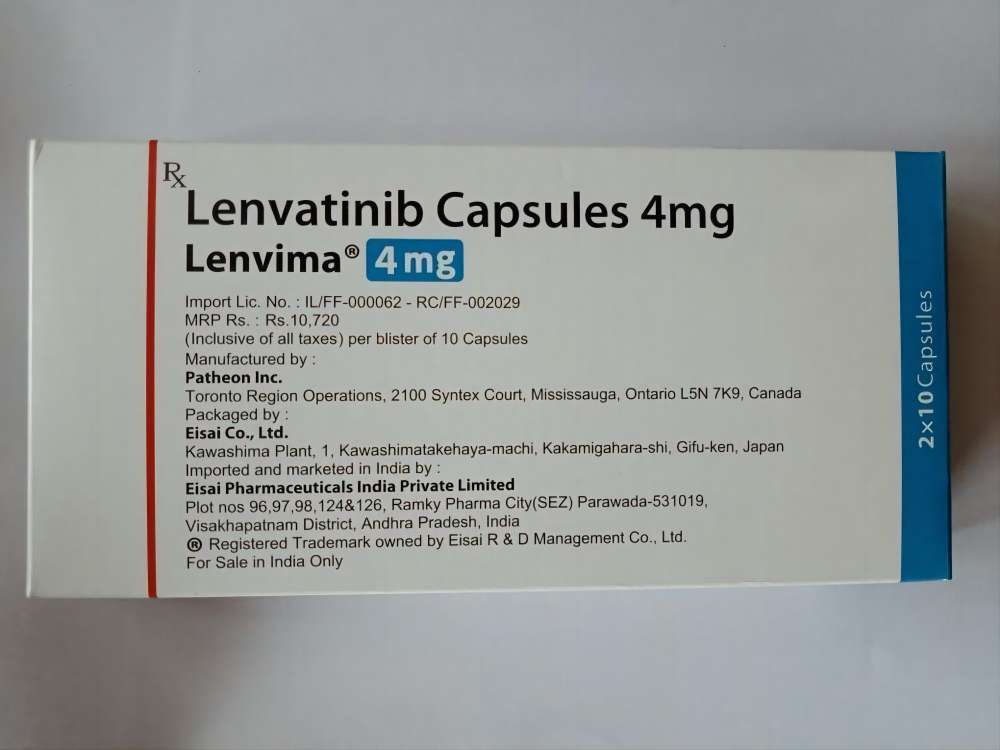
Applications of Lenvatinib Mesilate in Cancer Treatment
Lenvatinib mesylate is the active pharmaceutical ingredient (API) of the medication Lenvima. It is a small molecule inhibitor that works by blocking the activity of multiple enzymes involved in tumor growth and angiogenesis (the formation of new blood vessels). Lenvatinib mesylate is used to treat certain types of cancer, including:
1. Advanced Renal Cell Carcinoma (RCC): This form of kidney cancer involves the uncontrolled growth of abnormal cells. In this specific case, lenvatinib is frequently combined with another medication called pembrolizumab to achieve a more comprehensive treatment approach.
2. Differentiated Thyroid Carcinoma: This type of thyroid cancer originates from specific cells within the thyroid gland, namely the follicular cells and papillary cells. Lenvatinib mesilate is used when this cancer has spread beyond its initial location in the thyroid gland.
3. Hepatocellular Carcinoma (HCC): This is the most prevalent form of liver cancer, originating from the primary liver cells known as hepatocytes. Lenvatinib mesilate is a treatment option for this specific type of liver cancer.
4. Endometrial Carcinoma: This cancer starts in the endometrium, which is the inner lining of the uterus. Lenvatinib mesilate provides a treatment option for patients diagnosed with endometrial carcinoma.
It is important to remember that this information only reflects the currently approved uses of lenvatinib mesilate. Research and clinical trials are ongoing to explore its potential benefits in treating other types of cancer.
Mechanism of Action: How Lenvatinib Works
Lenvatinib mesilate functions as a multiple kinase inhibitor. Kinases are enzymes that play a critical role in various cellular processes, including cell growth, division, and survival. Lenvatinib specifically targets and inhibits the activity of several enzymes known as receptor tyrosine kinases (RTKs). These RTKs are involved in the signaling pathways that promote cancer cell growth and spread. By blocking these pathways, lenvatinib disrupts the uncontrolled proliferation of cancer cells and helps to slow down tumor growth.
Here’s a detailed breakdown of lenvatinib’s mechanism of action:
1. Multiple Kinase Inhibition: Lenvatinib is classified as a multiple kinase inhibitor, meaning it can target and inhibit the activity of several different RTKs simultaneously. This broad approach helps disrupt various signaling pathways involved in cancer cell growth and survival.
2. Specific RTKs Targeted: Lenvatinib primarily targets the following RTKs:
- Vascular Endothelial Growth Factor (VEGF) receptors: These receptors are critical for angiogenesis, the formation of new blood vessels. By blocking VEGF receptors, lenvatinib hinders the tumor’s ability to create new blood vessels, essential for its growth and spread (metastasis).
- Fibroblast Growth Factor (FGF) receptors: These receptors are involved in various cellular processes, including cell division, differentiation, and survival. Abnormal FGF signaling can contribute to cancer development. Lenvatinib inhibits FGF receptors, disrupting their role in promoting cancer cell growth.
- Platelet-Derived Growth Factor (PDGF) receptor: This receptor plays a role in cell proliferation, survival, and migration. Inhibiting the PDGF receptor can hinder tumor growth and progression by limiting these cellular processes crucial for cancer development.
By targeting and inhibiting these specific RTKs, lenvatinib disrupts the signaling pathways that promote cancer cell growth and survival. This helps slow down tumor growth and potentially hinder the spread of cancer cells.

Recent Developments and Considerations Regarding Lenvatinib Mesilate
A. Ongoing Research and Clinical Trials
Lenvatinib mesilate is an actively researched medication, with ongoing clinical trials exploring its potential benefits in various contexts. These trials primarily focus on investigating the efficacy (effectiveness) and safety of lenvatinib when combined with other medications for treating different types of cancer. The primary goal is to evaluate the potential of these combinations to improve patient outcomes.
Here are some key aspects of ongoing lenvatinib research:
- Combination therapies: Researchers are exploring the potential of combining lenvatinib with other medications, such as immunotherapy drugs or targeted therapies, to create more effective treatment regimens for various cancers.
- New applications: Clinical trials are also investigating the potential use of lenvatinib for treating additional types of cancer beyond its currently approved uses.
- Understanding long-term effects: Ongoing research aims to gain a deeper understanding of the long-term effects of lenvatinib treatment, both positive and negative.
For more information and details about ongoing clinical trials, you can visit the website maintained by the National Institutes of Health (NIH) at https://clinicaltrials.gov/.
B. Understanding Safety and Side Effects
It is crucial to be aware of the potential side effects associated with lenvatinib mesilate, similar to any medication. While the information below highlights some common side effects, it is not an exhaustive list. Always remember to consult with a healthcare professional for comprehensive information and personalized guidance regarding your specific situation.
Common side effects of lenvatinib mesilate may include:
- High blood pressure (hypertension): Regular monitoring of blood pressure is essential during treatment with lenvatinib. Your healthcare provider will likely schedule regular checkups to monitor your blood pressure and may recommend adjustments to your medication regimen or lifestyle.
- Fatigue: This can be a frequent and bothersome side effect. It is vital to discuss management strategies with your healthcare professional, who may recommend specific medications, lifestyle changes, or other interventions to help manage fatigue.
- Diarrhea: Strategies to manage diarrhea, such as dietary adjustments and specific medications, can be discussed with your healthcare provider. They can recommend appropriate dietary changes or prescribe medications to help alleviate diarrhea symptoms.
- Mouth sores (stomatitis): Maintaining proper oral hygiene routines and using medicated mouthwashes can help alleviate discomfort associated with mouth sores. Your healthcare provider can provide specific recommendations for maintaining oral hygiene during lenvatinib treatment.
These are just some of the potential side effects, and it is essential to note that this is not an exhaustive list. It is crucial to discuss all potential risks and benefits of lenvatibnib mesilate with a healthcare professional before starting treatment. They can provide personalized guidance and address any specific concerns you may have

Conclusion
Lenvatinib mesilate has emerged as a valuable treatment option for several types of cancer, demonstrating effectiveness in targeting and hindering tumor growth. Its mechanism of action involves inhibiting the activity of specific enzymes critical for cancer cell signaling pathways. While ongoing research explores the potential of lenvatinib in combination with other therapies, it is crucial to remember that, like most medications, it can cause side effects. Consulting a qualified healthcare professional is essential before starting treatment with lenvatinib mesilate. They can discuss the potential risks and benefits, assess your individual suitability, and guide you through the treatment process while monitoring for any potential side effects. As research continues to unveil further applications of lenvatinib, it holds promise for expanding the therapeutic landscape in cancer treatment..

